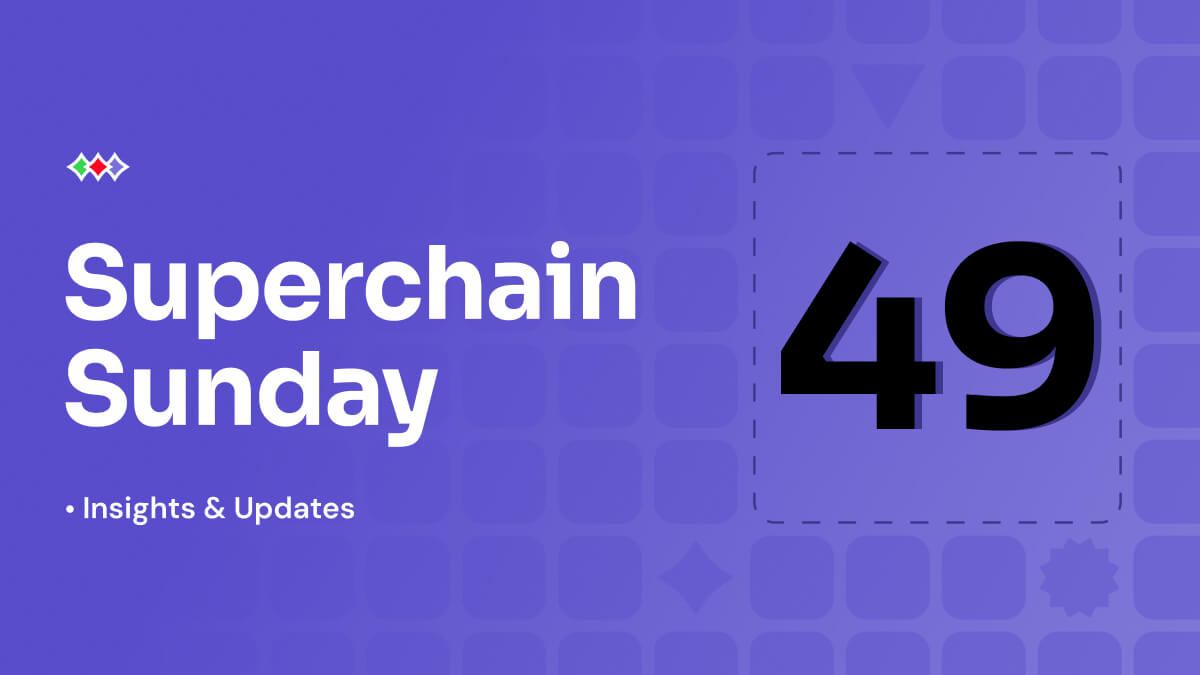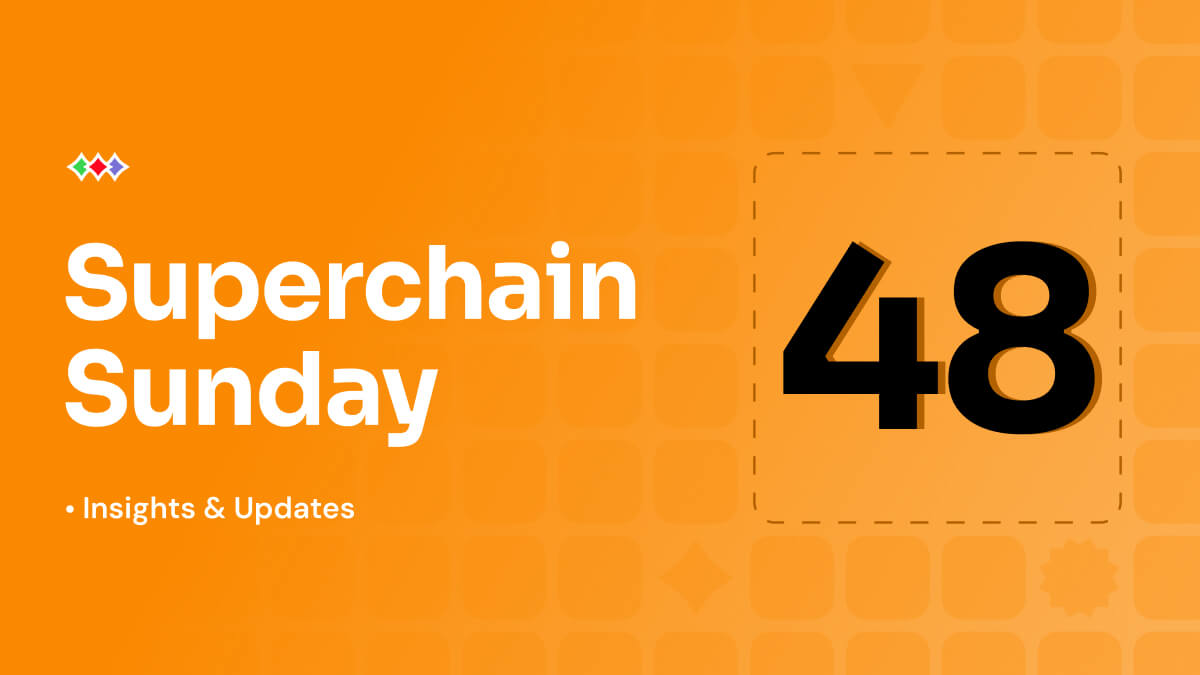Zora Network is a decentralized protocol that allows anyone to buy, sell, and create NFTs. It is built on top of Ethereum and secured by Optimism's tech stack.

Zora Network (website) is a decentralized protocol that allows anyone to buy, sell, and create NFTs. It is built on top of Ethereum and secured by Optimism's tech stack. Zora Network is a layer 2 blockchain solution that aims to make minting on its platform faster, cheaper, and more enjoyable with a focus on gas efficiency and scalability. The network is gas-efficient and scalable, making it possible to mint an NFT for less than 50 cents. Zora Network is unique in that it was built, launched, and designed by a team with deep expertise in NFTs. The platform is designed to expand Ethereum, emphasizing on-chain communities and digital brands, and offering toolkits for on-chain artworks. Zora Network is operated by a DAO, which is responsible for making decisions on behalf of the network, including protocol upgrades, treasury management, and ecosystem development. The DAO's governance smart contracts are implemented on the Base network, which is built using Optimism's OP Stack. Zora Network has recently integrated new features, including the ability to list any ERC-721 NFT on-chain at a fixed price. The Zora Network is supported by a community of developers and has integrated with multiple marketplaces, platforms, and protocol integrations.
Zora Network (website) is a layer 2 blockchain solution that aims to make minting on its platform faster, cheaper, and more enjoyable with a focus on gas efficiency and scalability. The Zora Network is unique in that it was built, launched, and designed by a team with deep expertise in NFTs. The platform is designed to expand Ethereum, emphasising on-chain communities and digital brands, and offering toolkits for on-chain artworks. The Zora Network is not directly related to the Superchain, but it is built on top of Ethereum using the OP Stack, which is also used by Coinbase's Base, a project that is part of the Superchain ecosystem.
The network is operated by a DAO, which is responsible for making decisions on behalf of the network, including protocol upgrades, treasury management, and ecosystem development. The DAO's governance smart contracts are implemented on the Base network, which is built using Optimism's OP Stack.
The Governance contract plays a pivotal role in this structure, keeping track of proposals and votes. In tandem, the Treasury contract is responsible for holding the DAO's funds and executing transactions for proposals that have been approved. To initiate a proposal, an address that owns a sufficient number of NFTs to meet the Proposal Threshold must submit it to the DAO on-chain. Once submitted, there's a waiting period (Voting Delay) before voting can commence. After this delay, the proposal needs to garner more votes in favor than against, and the number of favorable votes must meet or exceed the Quorum Threshold. If these conditions are met and the voting period concludes, the proposed transaction is queued for execution. However, before execution, the proposal must undergo a Time Lock Delay, which typically lasts for two days. After this period, the proposal is executed.
Anyone can create a proposal, but it needs the backing of a certain number of NFTs (determined by the Proposal Threshold) to be put up for a vote. Once the proposal has garnered enough support and the Voting Delay has elapsed, the voting process begins. There are various methods to cast a vote, but it's essential to note that an NFT cannot vote on a proposal if it has been transferred after the proposal's creation. If a proposal secures a majority of favorable votes and surpasses the Quorum Threshold, it can be executed on-chain. The execution is initiated through the Governance contract, but the actual transaction is forwarded to the Treasury contract.
Additionally, the Token contract allows NFT holders to delegate their voting power to another address. However, any transfer of the Token resets all delegation records. An optional feature in the governance structure is the ability to veto. This veto power can be exercised by founders during the DAO's early stages when there are fewer votes. This is recommended to prevent any hasty decisions that might not be in the DAO's best interest. Over time, as the DAO becomes more decentralized, the founders can relinquish this veto power.
Currently, Zora Network does not have its own token and used Ethereum as its gas fee.





